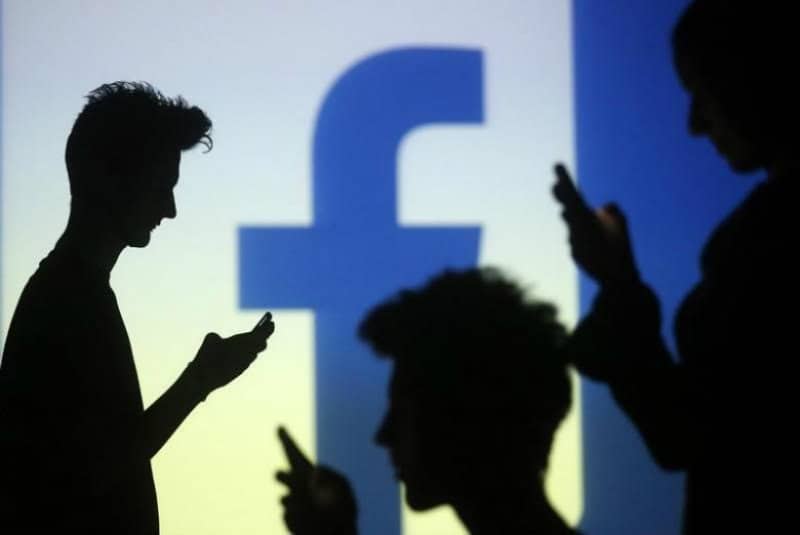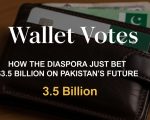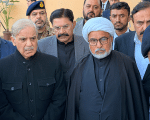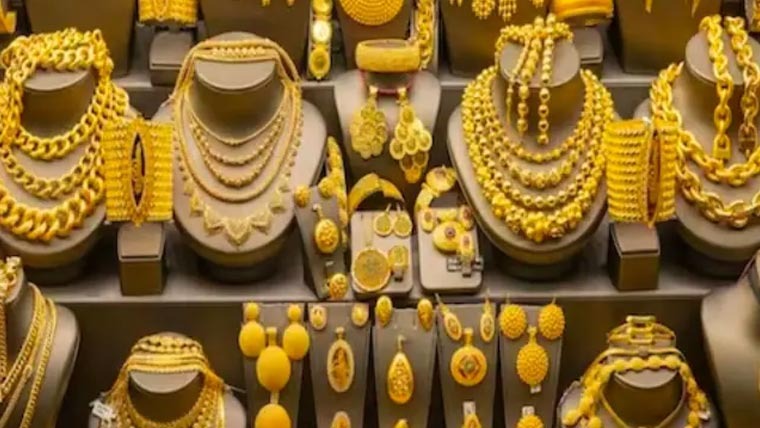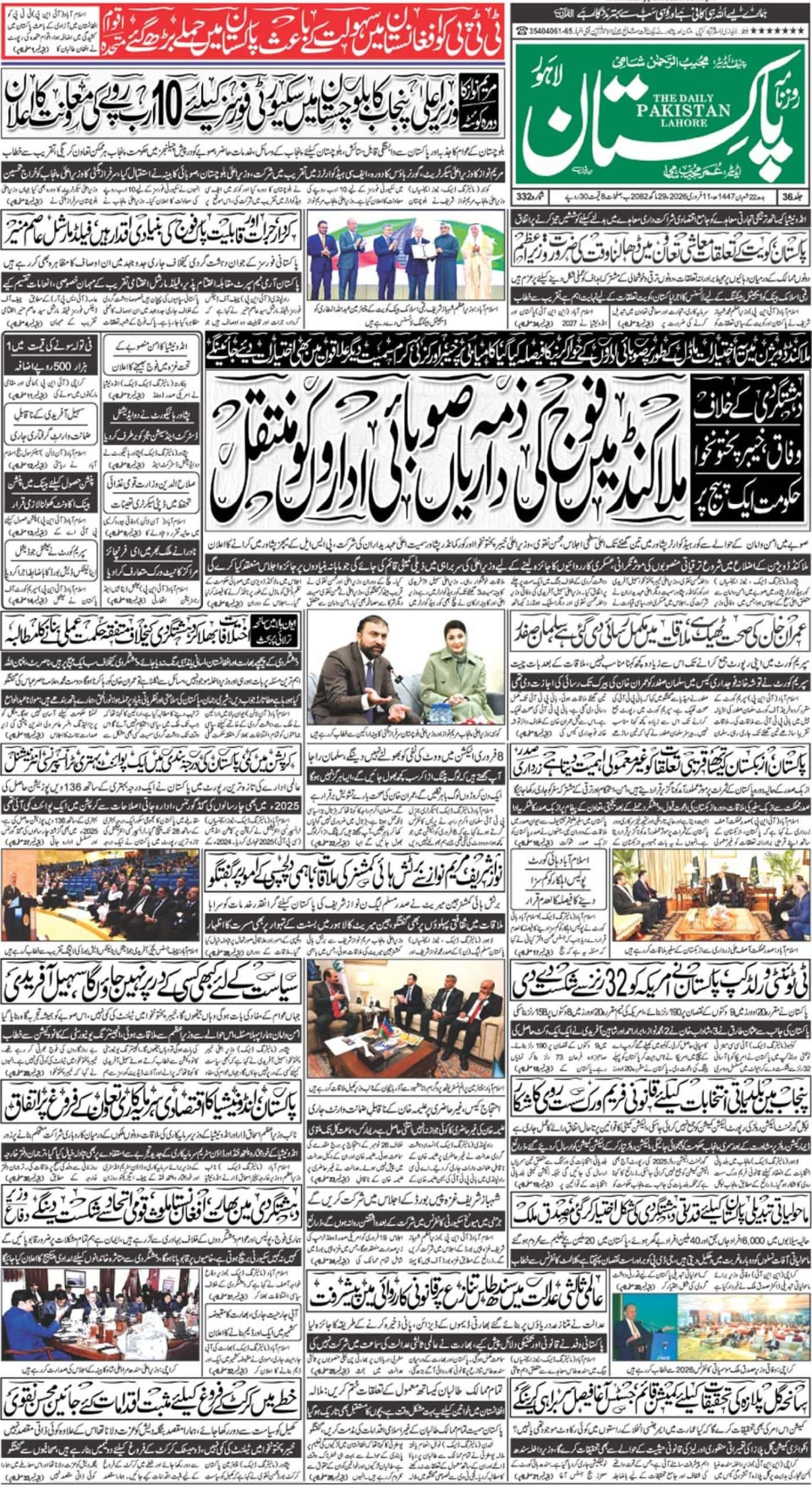MENLO PARK, Calif. – Social networking giant Facebook has recently unveiled a tool that allows users to report fake news, a move aimed at stemming a wave of misinformation some claim influenced the 2016 US election.
“We believe in giving people a voice and that we cannot become arbiters of truth ourselves, so we’re approaching this problem carefully,” Facebook’s vice-president Adam Mosseri said in a blog post earlier this week.
“We’ve focused our efforts on the worst of the worst, on the clear hoaxes spread by spammers for their own gain, and on engaging both our community and third-party organizations.”
Facebook said it would begin testing a system enabling users to click on news items if they suspect they are fabricated.
The social network said it would work with global fact-checking organizations subscribing to the Poynter Institute’s International Fact Checking Code of Principles.

“If the fact-checking organisations identify a story as fake, it will get flagged as disputed and there will be a link to the corresponding article explaining why,” Mr Mosseri said.
“Stories that have been disputed may also appear lower in News Feed.” Facebook has been under fire for failing to stem an epidemic of fake news that some critics believe may have helped the election of Republican property tycoon Donald Trump by spreading unfounded negative news about his Democratic opponent Hillary Clinton.
Facebook has dismissed the notion that fake news shared on the social network swung the election results, but has been stepping up its efforts to weed out clearly false news.
However, the US social giant, with some 1.8 billion users worldwide, has resisted calls to label itself a “media company” or implement efforts to impose editorial judgments on news being shared.
But Facebook said it would crack down on “spoof domains,” or sites that pretend to be real publications, as part of its most recent announcement.
Stories determined to be bogus could still be shared, “but you will see a warning that the story has been disputed,” Mr Mosseri said.
Concerns over fake news grew during the 2016 presidential campaign amid widespread sharing of hoaxes, including stories saying Pope Francis had endorsed Donald Trump and that Hillary Clinton was linked to a pedophilia ring operating out of a pizzeria.–Agencies

